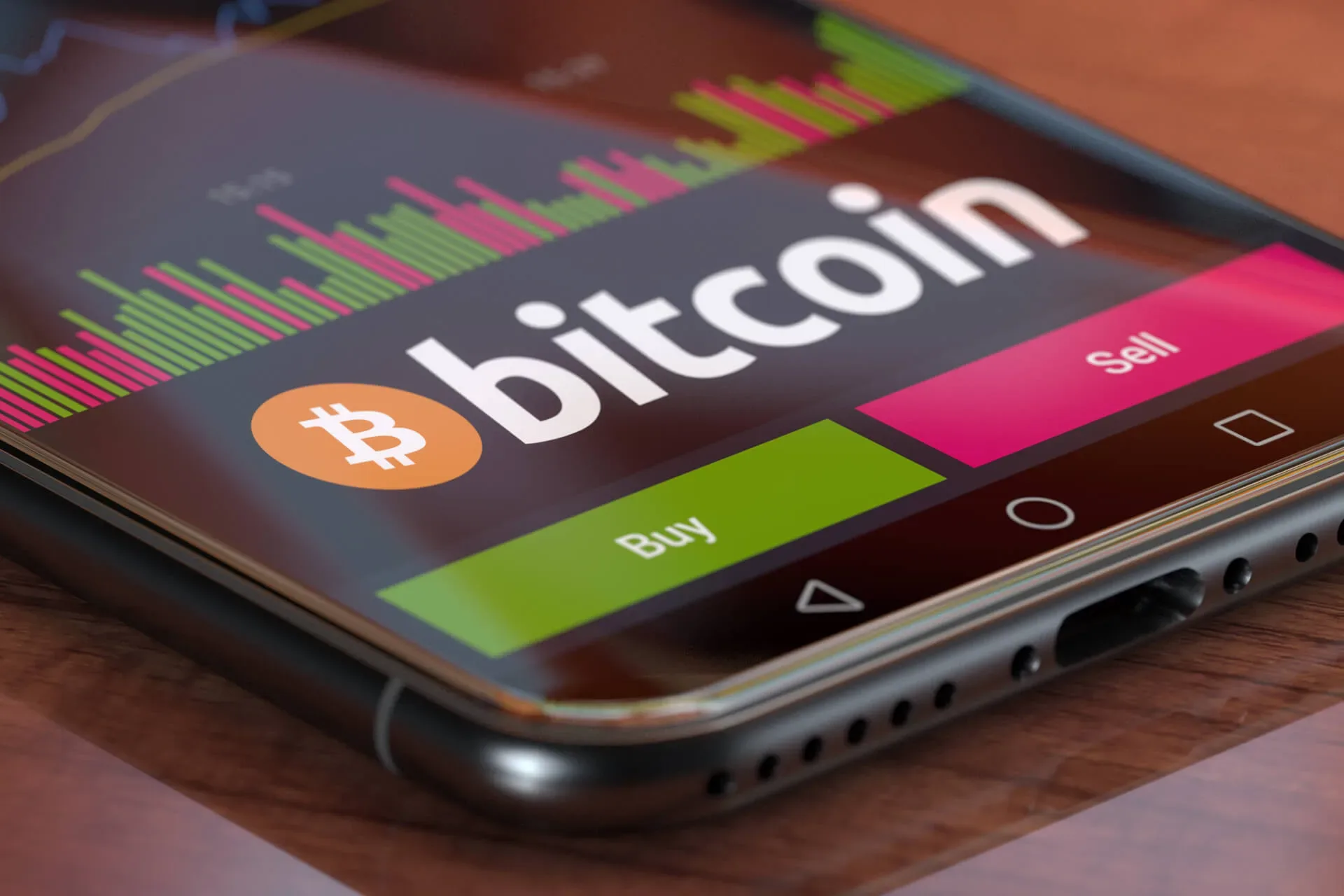If you’ve been following the news from the cryptocurrency world lately, there is a high chance you’ve encountered the term DeFi. With the many quickly coming and disappearing crypto fads, one can never be sure if anyone will still use it in a year.
However, although your suspicions might be grounded in reality, according to CryptoNewsZ, DeFi has attracted more than 400 thousand users so far. In a moment, we’ll explain what it is and why it has recently gained so much traction.
Table of Contents
What is decentralized finance?
One of the reasons for the creation of Bitcoin was an attempt to remove the middleman from the equation. Although many have criticized the current financial system – and rightly so, as Bitcoin was created in 2009, just after a financial crisis that has shown everything that is wrong with the current structures, payments with cryptocurrencies are not a norm, but rather a rare occurrence.
Some companies allow this payment option, but the choices for cryptocurrency enthusiasts are rather limited. It means that even if you put a lot of resources into crypto-mining, in the end, there will be only so many ways to spend your Bitcoin.
What if lending and borrowing cryptocurrencies directly to and from other users was possible? That’s exactly what’s possible with decentralized finance. Apart from that, you can also buy and sell securities or exchange one type of cryptocurrency for another; the list goes on and on. How is it possible?
Despite what we’ve heard from some industry experts, cryptocurrencies aren’t particularly close to replacing fiat currencies. One of the reasons for this state of affairs is the volatility of the former. Even if it were possible, taking a cryptocurrency “loan” wouldn’t be a great idea, as its value would fluctuate very frequently, which would successfully discourage even those who aren’t fond of the current financial system.
What is the solution? That’s simple – DeFi depends on stablecoins, which are attached to a value of fiat currency. The users won’t have to worry that the amount of Bitcoin they borrowed will increase several times overnight.
Admittedly, the system that intends to replace the current financial system has to use its part to deal with its own problems even if in the far future. Still, it circumvents the need for a centralized way of governing, as the transactions are usually conducted automatically.
Let’s say that you have collected quite a bit of one particular cryptocurrency, and as you don’t intend to use it anytime soon, you would be perfectly fine with lending it to someone else. Depending on the type of cryptocurrency and its demand and supply in the system, you would receive information about the expected profit.
Then, if someone were to borrow this cryptocurrency, you would collect their interest rates. There wouldn’t be any middleman involved in this process, so lenders could expect significantly larger profits than in the case of a traditional banking system.
Okay, so what are the problems with decentralized finance? This system is relatively new, which means that it needs some polishing for the users to feel more comfortable operating on larger sums. As we have previously mentioned, the system is largely automated. Still, any potential problems with such complex financial mechanisms – whether we are talking about the bugs or attacks of hackers could have tragic consequences for the users.
It doesn’t mean that this issue cannot be fixed; it’s just that users might be reluctant to invest more funds in something that they aren’t sure is 100% secure. Despite all of this, DeFi currently has almost 450 thousand users, which is growing quickly.
Although it might seem promising so far, we urge our readers not to make any decisions without conducting extensive research – the world of cryptocurrencies is developing quickly. Still, we have witnessed many other seemingly promising fads that were not worth much.
Conclusion
Decentralized finance has been all the rage lately in the microcosm of cryptocurrencies. Making it possible for users to lend and borrow their hard-mined coins severely increases the potential of cryptocurrencies.
It mirrors the system already in place, with one notable exception: no intermediary is involved in the transactions, which means that those who choose to lend their Bitcoin (and other cryptocurrencies) can expect larger profits than in the case of the centralized banking system. However, we are yet to find out whether DeFi will be here to stay for longer.







What is DeFi and why it’s a hot topic in the ##Cryptocurrency by Ali Raza
#Bitcoin #DeFiDecentralizedFinance
https://t.co/EJmzD6gerV https://t.co/Z6I3r0UOPy
Would discuss @bitcointaf. Up to Long Term Trade Reports for Bitcoin & ALT coins by Marius Landman. 3 to 4 PDF Reports each week (or as market demands) delivered to you inbox (PDF Reports are easy to read and follow, includes charts). Great analysis, would discuss